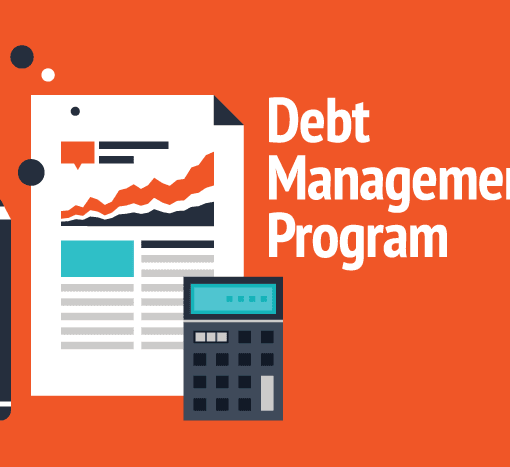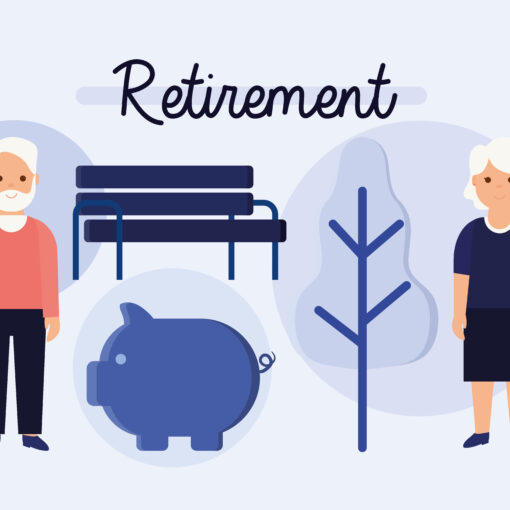The decision between paying off student loans and investing for the future is a common dilemma faced by many individuals who have recently graduated. On one hand, there’s the desire to become debt-free and relieve the burden of student loans. On the other hand, there’s the allure of building wealth through investments that can potentially yield higher returns over time. This article aims to explore various aspects of this financial dilemma and provide a comprehensive guide to help individuals make an informed decision.

Understanding Student Loans:
Before delving into the comparison, it’s crucial to understand the nature of student loans. Student loans typically come with an interest rate, and the borrower is required to make regular payments over a specified period. The interest on these loans can vary based on factors such as the type of loan, the lender, and the borrower’s creditworthiness.
Interest Rates:
The interest rates on student loans play a significant role in determining the cost of borrowing. Federal student loans often have lower fixed interest rates compared to private loans. For instance, as of my last knowledge update in January 2022, federal undergraduate direct loans had an interest rate of around 3.73%, while private loans could have higher rates, sometimes exceeding 6% or more.
When deciding between paying off student loans and investing, consider the impact of the interest rates. If the interest rates on your student loans are relatively low, you may have more financial leeway to prioritize investments.
Example:
- Federal Student Loan: $30,000
- Interest Rate: 4%
- Term: 10 years
Monthly Payment: $304.22
Investment Returns:
Investing for the future involves putting money into assets such as stocks, bonds, or real estate with the expectation of generating returns. Historically, the stock market has provided an average annual return of around 7-10%, considering both bull and bear markets. However, it’s essential to note that past performance doesn’t guarantee future results.
Example:
- Initial Investment: $5,000
- Annual Return: 7%
- Time Horizon: 10 years
Future Value: $10,026.53
Balancing Act: Paying Off Student Loans vs. Investing
Now, let’s delve into the key considerations when deciding whether to prioritize paying off student loans or investing for the future.
Interest Rate vs. Expected Returns:
Compare the interest rate on your student loans with the potential returns from your investments. If the interest rate on your loans is high, it might make more sense to prioritize paying off the debt to avoid accumulating more interest over time.
Example:
- Student Loan Interest Rate: 6%
- Expected Investment Return: 7%
In this scenario, it may be more financially prudent to prioritize paying off the student loans, as the interest cost outweighs the potential investment returns.
Emergency Fund:
Before aggressively paying off student loans or investing, ensure you have an emergency fund in place. An emergency fund serves as a financial cushion to cover unexpected expenses, such as medical bills or car repairs, without resorting to high-interest debt.
Financial advisors often recommend having three to six months’ worth of living expenses in an emergency fund. Focusing on building this fund before making extra loan payments or investing can provide financial security and peace of mind.
Employer Retirement Contributions:
If your employer offers a retirement savings plan, such as a 401(k) with a matching contribution, take advantage of this benefit. Employer matches are essentially free money, providing an instant return on your investment. It’s advisable to contribute enough to receive the full employer match before allocating funds to paying off student loans.
Example:
- Employer Match: 50% of contributions, up to 6% of salary
- Annual Salary: $50,000
- Employee Contributes: 6% ($3,000)
Employer Contribution: $1,500 (50% of $3,000)
In this case, contributing $3,000 to the retirement plan results in an additional $1,500 from the employer, effectively doubling your investment.
Tax Considerations:
Evaluate the tax implications of both paying off student loans and investing. Student loan interest payments may be tax-deductible, providing a potential tax benefit. On the investment side, certain accounts, such as Individual Retirement Accounts (IRAs) or 401(k)s, offer tax advantages.
Example:
- Student Loan Interest Paid: $2,000
- Tax Deduction (assuming 20% tax rate): $400
This $400 tax deduction can effectively reduce the cost of student loan interest.
On the investment side, contributions to retirement accounts like a Traditional IRA may be tax-deductible, lowering your taxable income for the year.
Psychological Benefits:
Beyond the financial aspects, consider the psychological benefits of paying off student loans or investing. Becoming debt-free can provide a sense of financial freedom and reduced stress. On the other hand, witnessing your investments grow over time can instill a sense of accomplishment and future financial security.
Example:
- Emotional Satisfaction from Paying Off Debt: High
- Emotional Satisfaction from Investment Growth: High
Ultimately, the emotional and psychological aspects of financial decisions can be just as crucial as the numerical considerations.
Conclusion:
In the tug-of-war between paying off student loans and investing for the future, there is no one-size-fits-all answer. The decision hinges on a combination of factors, including interest rates, expected investment returns, employer contributions, tax considerations, and personal financial goals.
It’s important to strike a balance that aligns with your individual circumstances and priorities. Consider consulting with a financial advisor who can provide personalized guidance based on your unique financial situation.
In the end, the journey toward financial stability involves making informed decisions that align with your short-term and long-term goals. Whether you choose to aggressively pay off student loans, strategically invest, or find a middle ground, the key is to navigate the financial landscape with a clear understanding of the trade-offs involved.



